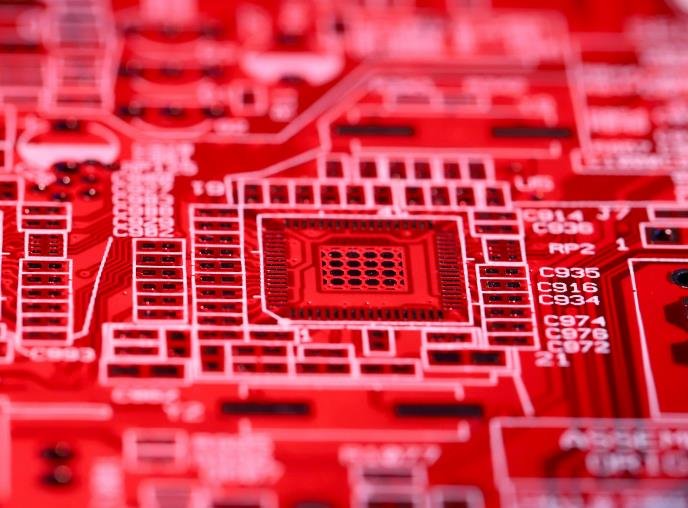Samsung Electronics is making a bold move in the AI chip market by streamlining its production process through integrated services. This strategic innovation is set to revolutionize the industry by offering a one-stop solution for AI chip manufacturing, combining Samsung’s expertise in memory chip, foundry, and chip packaging services.
Samsung’s new strategy is a game-changer for AI chip production. By allowing clients to work with a single channel that coordinates different teams, the company has reduced the time necessary to develop AI chips by approximately 20%. This integrated approach not only accelerates the production timeline but also ensures a higher level of coordination and quality control.

The move is a response to the growing demand for AI technologies and the need for faster, more efficient production methods. Samsung’s one-stop shop model is particularly advantageous for clients who require quick turnaround times and high-quality products.
Technological Advancements and Market Growth
Samsung’s commitment to innovation is evident in its adoption of advanced gate-all-around (GAA) transistor architecture, which significantly improves chip performance and efficiency. The company is poised to begin mass production of second-generation 3-nanometer circuits using GAA technology later this year.
The market for AI chips is expected to grow substantially, with global semiconductor industry sales projected to reach $778 billion by 2028. Samsung’s integrated services are well-positioned to capture a significant share of this market, driven by the increasing demand for AI-powered devices and systems.
Competitive Edge in the AI Era
In the competitive landscape of AI chip manufacturing, Samsung’s integrated services provide a distinct advantage. The company’s ability to offer memory chips, foundry services, and chip designs under one roof was once seen as a potential conflict of interest. However, the current demand for highly integrated chips to process vast amounts of data quickly and with low power consumption has turned this into a strength.
Samsung’s strategy reflects a broader industry trend towards consolidation and integration, as companies seek to streamline operations and leverage synergies across different areas of expertise. This approach is likely to set a new standard for the industry, as others follow Samsung’s lead in integrating services to meet the challenges of the AI era.
















